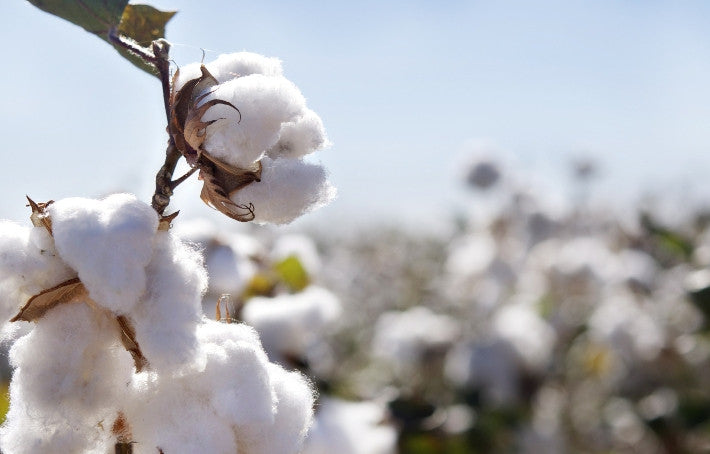IMPORTANT QUESTIONS TO ASK WHEN BUYING EGYPTIAN COTTON

“This is Egyptian cotton” that was what Peoples (Jeffrey Wright) reiterated to John Shaft with a threatening tone. Ruining his Egyptian cotton shirt was enough of a reason to seek vengeance. On countless occasions, movies and TV series have used the simple phrase ‘Egyptian cotton’ to evoke images of luxury, smoothness and high status, such as Jesse Spencer’s song Sheets of Egyptian Cotton.
What is the Egyptian cotton? How did it all start? What makes it so special? I will talk about these points in this blog series, in addition to answering the important question: how to avoid being duped by inferior grade bedding marketed as Egyptian cotton.
Cotton has a wide variety of grades, whereas some grades are superior to others. Cotton can generally be categorised in three main groups. Short staple cotton represents the bulk of cotton production around the world, while Long staple and Extra Long staple cotton are known for their superior qualities. Egyptian cotton is either Long staple of Extra Long staple.
In 1822, Mohamed Ali, the ruler of Egypt at the time, imported cotton seeds from the South Sea Islands and planted them in the Nile valley. It was instant success. Thanks to the unique combination of Pima seed with superior traits and the climate of Egypt. The mild winter, relative humidity, and rising temperatures during the growing season provide a mixture of superb conditions for cotton growing. The resulting Egyptian cotton, has righteously claimed its undisputed status as the highest rank among all varieties of cotton, boasting an array of valuable attributes.
For example, when it comes to length, Egyptian cotton fibers have the longest staple, or length of fiber. This is of great advantage when composing yarns, as the fabric will be less interrupted, which means fewer splices, and hence the thread and accordingly the fabric is stronger. It enables the making of the extra-long fibers into very fine yarns, making Egyptian cotton naturally ideal for the extremely taut weave of fabric; thus the fact that sheets made of Egyptian cotton last significantly longer than others and are much softer.
Egyptian cotton is also more porous than other types of cotton. This makes the fabric much more breathable, allowing the air to flow through it and it also absorbs moisture more effectively than regular cotton. The resulting fabric feels tender against the skin, luring your body into a solid sleep.
The bad news is that the Egyptian cotton does not come in abundance. Extra Long Staple (ELS) cotton is 1.9% of the world’s cotton production, and only one third of that is grown in Egypt. In other words ELS Egyptian cotton accounts for less than 0.7% of all the cotton there is.
But how come such a rare commodity is readily available everywhere on the internet and at prices as low as $ 60 per sheet set?
In our next episode “Important Questions to Ask when Buying Egyptian Cotton” we will elaborate on the tricks and games that some merchants use to market their products. We will also give you brief tips on how to make sure that your purchase is a 100% authentic Egyptian cotton.
